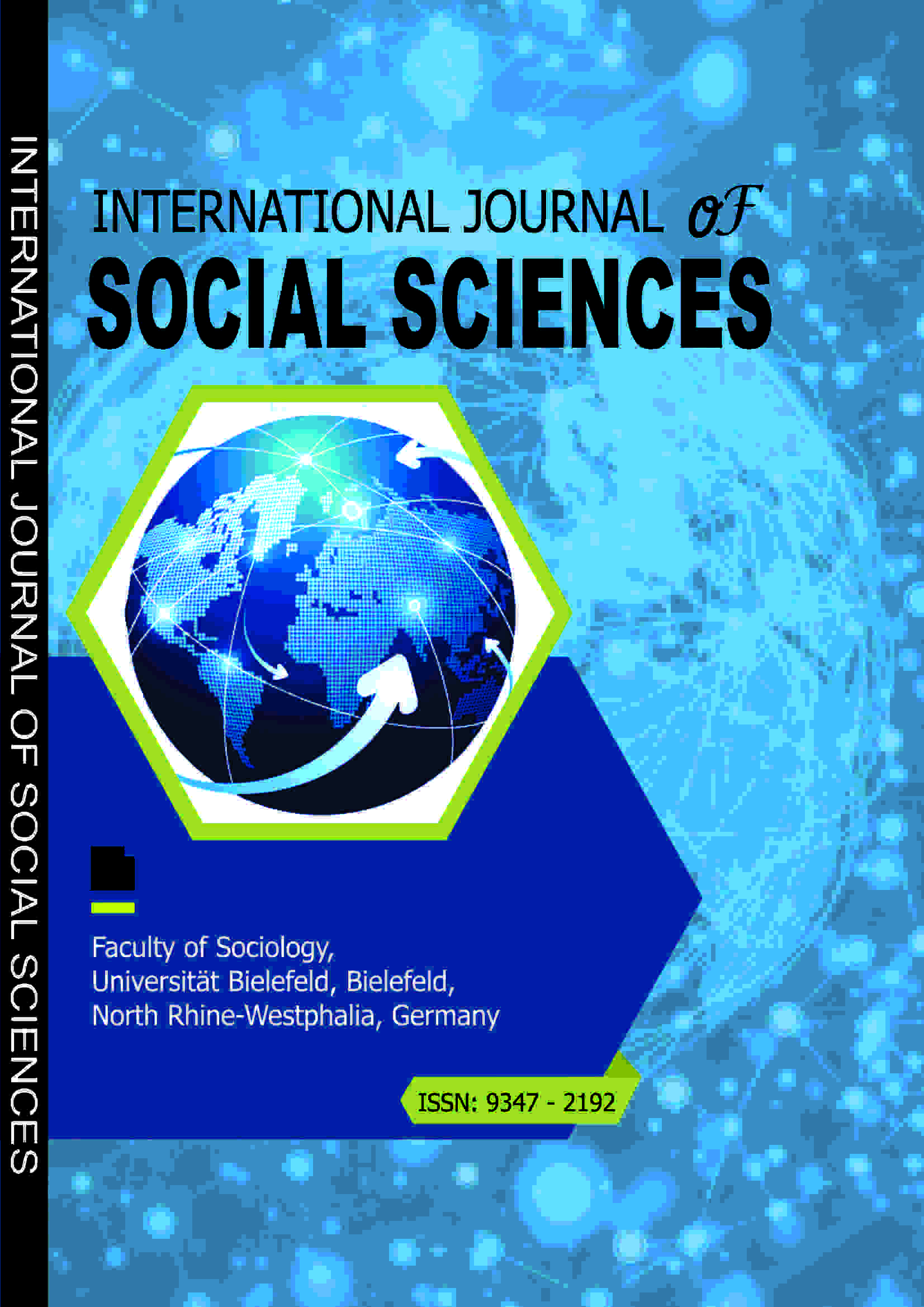INTERNATIONAL JOURNAL OF SOCIAL SCIENCES (IJSS)
Ethnomusicological Advocacy for Indigenous Ensembles in Department of Music, University of Port Harcourt, Nigeria
E-ISSN: 7885-4322
P-ISSN: 9347-2192
DOI: https://iigdpublishers.com/article/878
Ensemble music universally involves multiple musicians performing interdependent parts to produce a unified sound. Beyond artistry, ensembles symbolize cultural identity and national pride, playing a vital role in heritage preservation and community cohesion. However, in Nigeria, ensemble studies particularly in most university music departments have largely adhered to Western classical traditions, often sidelining indigenous African musical forms. This study investigates the positioning of ensemble studies in the Department of Music at the University of Port Harcourt (Uniport). Anchored in postcolonial and performance theory, the research adopts a qualitative ethnographic approach, utilizing interviews, observations, non-participant observation, and focus group discussions. Hence a total of 70 undergraduate music students were randomly selected from a population of 147 across 100 to 400 levels. Findings reveal that while Uniport's music ensembles reflect a blend of Western and African musical practices, the African Traditional Dance Ensemble remains a purely indigenous art form. The study concludes that although Western musical influences are valuable, the dominance of Western models limits the development of African musical heritage within formal education. It recommends that music education policymakers retain Western ensemble training but prioritize the inclusion of African music theory, provide adequate infrastructure, and make learning of African instruments compulsory for all students. Such measures would promote the formation of diverse, culturally grounded ensembles and foster the integration and preservation of Nigeria’s rich indigenous music traditions within academic settings.
Esther Eloh Oreri & Eyiuche Rita Modeme
Achieng’Akuno, E. (2019). Music education in Africa: Concept, process, and practice. Routledge.
Adeogun, A. O. (2015). Reconceptualizing the music teacher education curriculum for the Colleges of Education in Nigeria. International Journal of Humanities and Cultural Studies, 2(4), 572–584. https://www.researchgate.net/publication/279216691
Adeogun, A. O. (2021). Towards decolonising university music education in Nigeria. Music Education Research, 23(4), 466-483. https://doi.org/10.1080/14613808.2021.1951193
Adedeji, F.(2006). African music theory in the music education curriculum of Nigerian tertiary Institutions. European Journal of Social Sciences, 3(1), https://www.eurojournals.com/EJSS.htm
Aniye, A. (2023). Gospel music in Africa, addressing the issues: Case Study of Nigeria. Graphic Palace.
